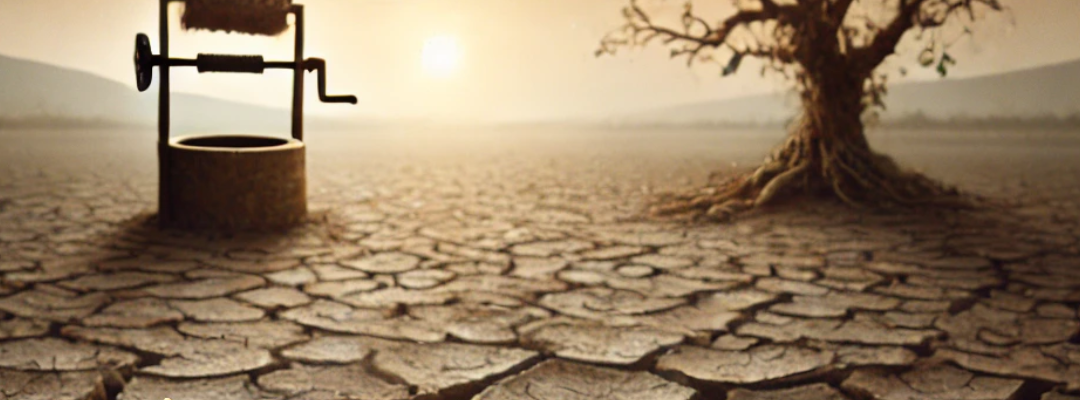Water scarcity is one of the most pressing global challenges of our time. As populations grow, climate change intensifies droughts, and access to clean water remains a struggle for millions, the crisis deepens. Despite ongoing efforts by governments and private organizations, inadequate sanitation infrastructure exacerbates the issue, making it a critical global concern.
The Economic Threat of Water Shortages
Water scarcity does not just impact daily life; it has far-reaching economic consequences. According to the United Nations, limited access to water can stifle global economic growth over the coming decades. A recent discussion at the World Economic Forum and Thomson Reuters Foundation emphasized how infrastructure investments in water management could drive economic stability.
Conversely, high water costs in many developing nations lead to increased unemployment and hinder economic decisions. As demand for water rises, it becomes imperative to adopt sustainable solutions such as rainwater harvesting and wastewater recycling to mitigate shortages and promote long-term water security
The Push for Water Reuse in India
Many nations are recognizing the importance of water recycling to combat scarcity, and India is at the forefront of these efforts. With rapid urbanization, industrial expansion, and environmental pollution, India faces significant water stress. Government policies are now emphasizing wastewater treatment and reuse, particularly in densely populated cities.
Several corporate and industrial sectors have also embraced water conservation practices, implementing water-efficient technologies to reduce dependency on freshwater resources. By expanding rainwater harvesting initiatives and advanced filtration systems, businesses are playing a key role in reshaping India’s water sustainability landscape.

